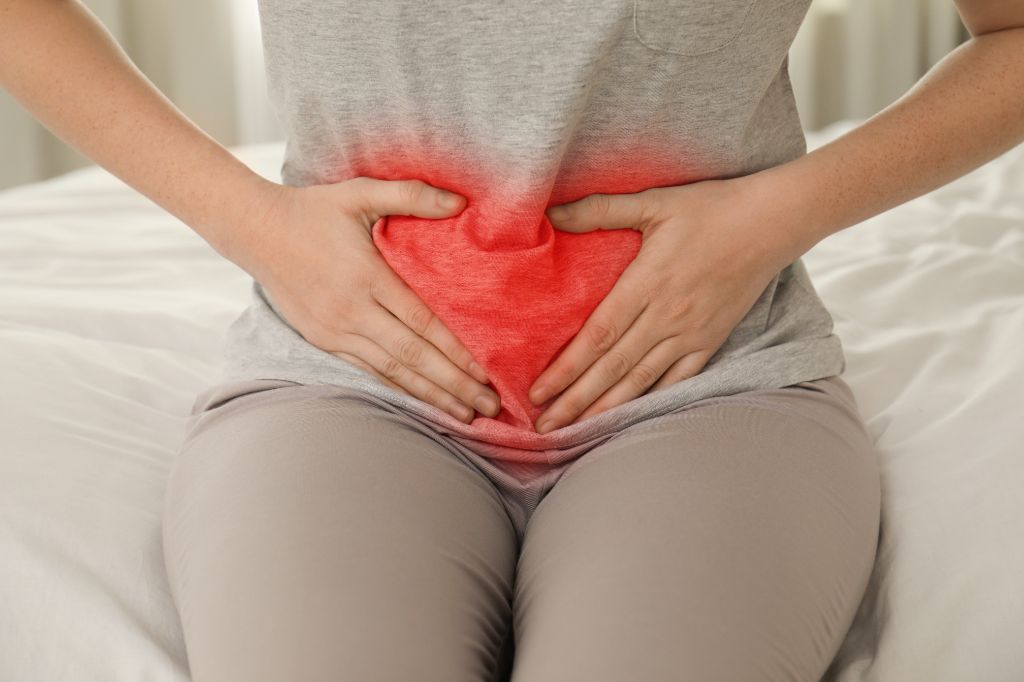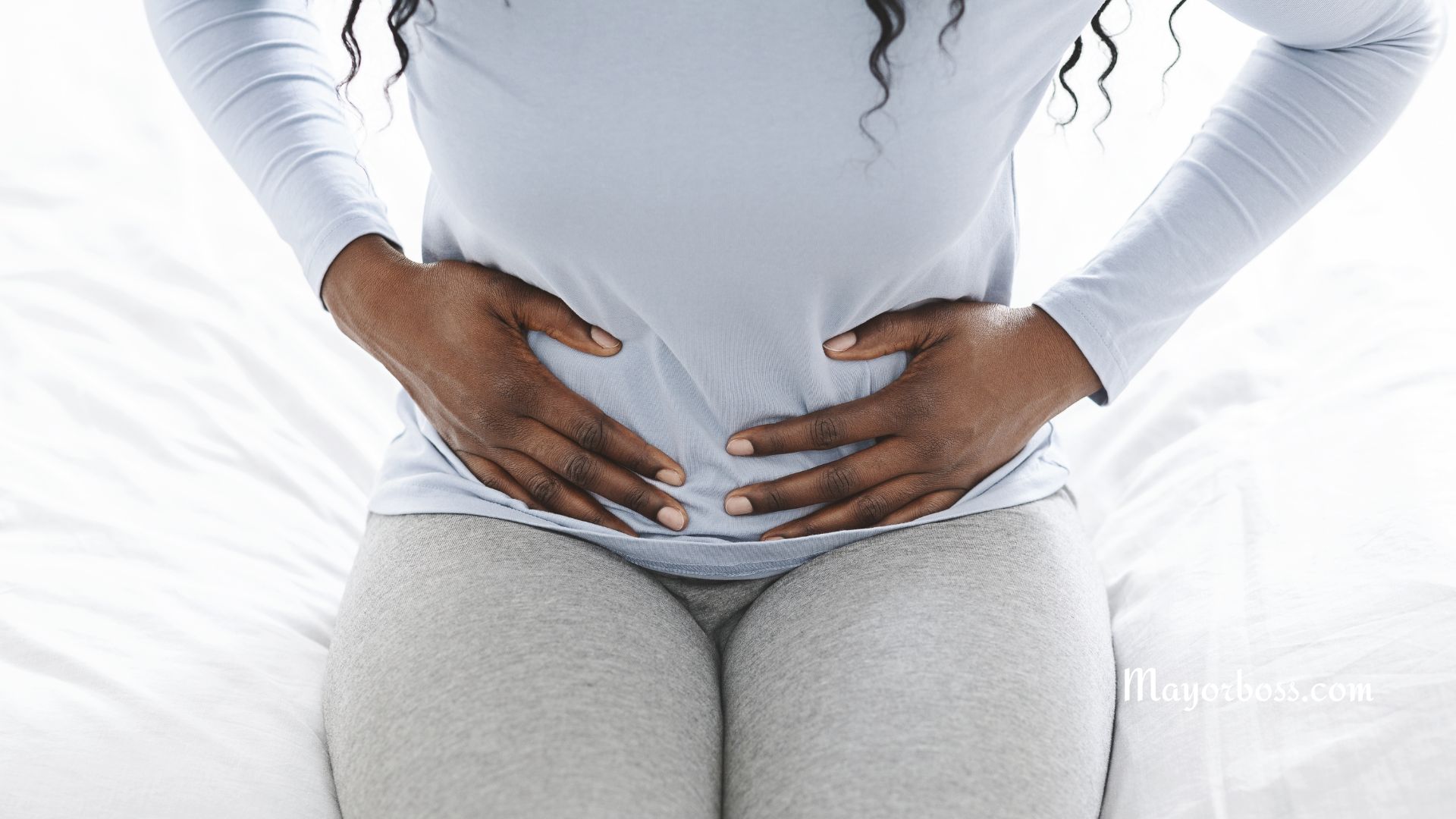8 Early Signs of Crohn’s Disease
Crohn’s disease is a long-lasting condition in which your digestive system gets really inflamed, causing hard-to-handle symptoms. It’s a type of illness called inflammatory bowel disease (IBD) and can affect any part of your gut, from your mouth to your anus.
But it usually affects the last part of your small intestine and your colon.
It’s better to catch Crohn’s disease early because you are more likely to decrease your chance of developing severe symptoms.
But this is tough because early symptoms can be really mild and easy to ignore.
In fact, early signs of Crohn’s disease can be so slight that people often confuse them with signs of other problems, like irritable bowel syndrome or even food allergies.
Plus, Crohn’s disease looks different in different people, so symptoms can vary a lot in what they are, how severe they are, and how often they happen.
It’s important to remember that Crohn’s disease is a lifelong ailment where you have periods of no symptoms mixed with periods of severe symptoms.
The disease can affect all parts of your life, including your physical health and emotional well-being.
Because of this, it’s really important to know the early warning signs of the disease.
In this article, I’ll talk about eight early signs of Crohn’s disease.
Knowing these can help you catch the disease early, which can make the treatment work better and improve your life.
If you notice a mix of these symptoms, it would be a good idea to talk to your doctor about them.
What Are The Early Signs Of Crohn’s Disease?
Abdominal Pain
One of the first signs of Crohn’s Disease often is abdominal pain.
It typically occurs in the lower right area of your abdomen.
Diarrhea
Frequent bouts of diarrhea can be an indication of Crohn’s disease.
Because Crohn’s disease affects your digestive system, it can disrupt normal bowel movements.
Reduced Appetite and Weight Loss
If you have Crohn’s disease, you may start to eat less due to nausea, abdominal pain, or a reduced appetite.
This can often lead to weight loss.
Fatigue
Fatigue is another common symptom.
You may find yourself feeling tired all the time, even after a full night’s sleep.
Fever
You might also experience fever as part of the body’s response to inflammation or infection.
If you have a fever that doesn’t seem linked to a common cold or flu, it could be a sign of Crohn’s disease.
Mouth Sores
Mouth sores, similar to canker sores, might be one of the first signs of Crohn’s disease.
They typically appear before any digestive symptoms.
Joint Pain and Swelling
In some cases, you may experience pain, swelling, or stiffness in your joints, often in the knees, elbows, or wrists.
Skin Problems
Various skin problems can also occur as a sign of Crohn’s disease.
These can include tender bumps under the skin, rashes, or ulcers.
While these signs may be due to other health conditions, you should consult with your healthcare provider if you notice a combination of these symptoms, particularly if they persist or worsen over time.
Frequently Asked Questions
What causes Crohn’s disease?
We don’t know exactly what causes Crohn’s disease.
It’s thought to be a result of an abnormal response by the body’s immune system.
Genetics and environmental factors seem to play a role too.
However, it’s important to know that Crohn’s is not caused by eating certain foods or due to stress.
How is Crohn’s disease diagnosed?
Crohn’s disease is diagnosed through a combination of tests.
These can include blood tests, stool tests, endoscopic procedures (like a colonoscopy or endoscopy), and imaging studies (like a CT scan or MRI).
Can Crohn’s disease be cured?
As of now, there’s no cure for Crohn’s disease.
However, treatments can help significantly in managing symptoms and even bring about long-term remission.
These treatments can include medication, lifestyle changes, and in some cases, surgery.
What’s the difference between Crohn’s disease and ulcerative colitis?
Both Crohn’s disease and ulcerative colitis are types of inflammatory bowel disease, but they affect different parts of the digestive tract.
Crohn’s can affect any part of your digestive tract from the mouth to the anus. But ulcerative colitis affects only the colon and the rectum.
How does Crohn’s disease impact daily life?
The impact of Crohn’s disease on daily life varies widely from person to person.
Some individuals might experience severe symptoms that affect their quality of life, including persistent pain, fatigue, and frequent need for bathroom breaks.
Dietary modifications may be necessary to manage symptoms.
Social life and mental health can also be affected due to the unpredictable nature of the disease.
However, with appropriate treatment and management strategies, many people with Crohn’s disease lead active and fulfilling lives.






